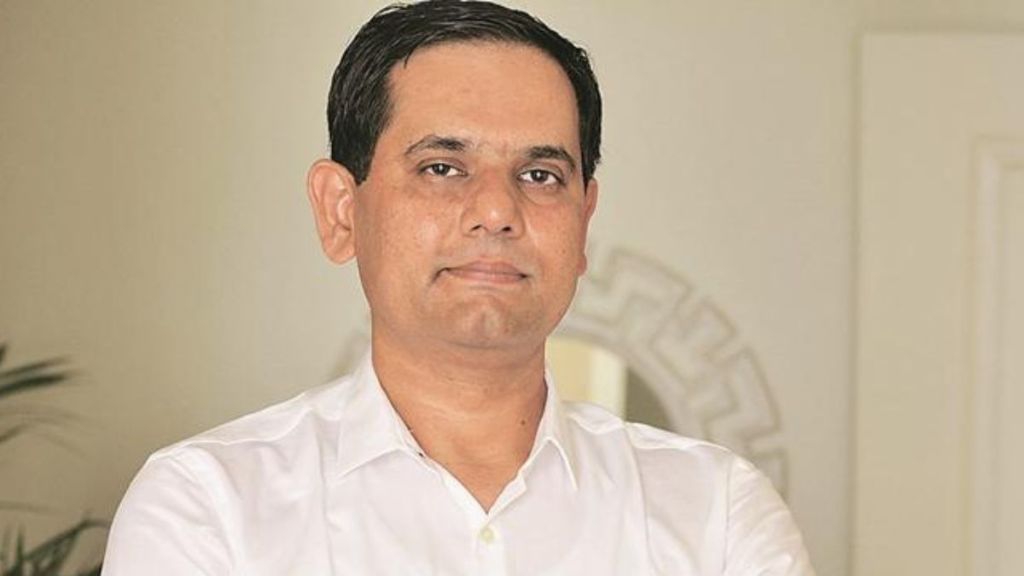By Arvind Singhatiya
The online gaming industry in India grew the fastest among any other industry with a compound annual growth rate (CAGR) of 38% from 2017-2020, it overshadows the growth in China and USA at eight percent and 10% respectively. With FDI infusion in the sector rising from $575 million from 2014-2020 to $1.5 billion today, these unicorns are here to stay. The legal tumult faced by the industry in this journey is indicative of the need for a definite regulatory mechanism to govern this industry.
Games of skill operate on the player’s skills, and their knowledge and application of the game concerned, such as fantasy sports. Games of chance, on the other hand, are predominantly governed by the factor of luck and chance with no skill involved. States have assumed jurisdiction in this regard on multiple occasions to enact laws, erroneously clubbing both of them together under the ambit of betting, and gambling. Online skill gaming stands protected by the Supreme Court of India as a legitimate business activity, reiterated several times by various High Courts and the Supreme Court of India.
All such forms of communication including telephone, wireless and broadcasting are under the Union Government’s ambit as per the seventh schedule of the Constitution of India. It also operates inter-state pan India and hence cannot be legislated by the State Government. In a reply to a parliamentary query, the Minister of State, Ministry of Electronics & Information Technology (MeitY) stated that online gaming operators are intermediaries and should be following the regulations under the Information Technology (IT) Act, 2000 and its allied rules. He has also stated that the government is committed to ensuring that the industry is provided with the necessary framework to flourish.
The Prime Minister has motivated the developers and innovators to lead in the online gaming sector, advocating his vision for a ‘Digital India’. The Central Government has worked ceaselessly since then to align the trajectory of online gaming to this vision. A nodal ministry is needed to govern this space. The central government has constituted the Inter-Ministerial Task Force (IMTF), with members across ministries, working together to provide recommendations for uniform national-level legislation to govern online gaming. Another group of ministers (GoM) has also been tasked with providing the recommended taxation structure and the regime applicable to the online gaming industry.
Where the collaboration between ministries becomes even more imperative is strategising together for umbrella legislation to govern multiple facets of the industry. Know-your-customer (KYC) procedures for complete transparency of transactions on platforms need to be in place, along with provisions for enforcement concerning any violations of laws such as the Prevention of Money Laundering Act (PMLA), 2002, among others.
According to the guidelines set out by the NITI Aayog, a uniform regulatory mechanism is needed for the seamless operation of pan-India platforms, to avoid the uncertainty in multiple compliances for different states. An age cap needs to be defined for participation in real money gaming, with transparent rules and transactions. Most importantly, a grievance redressal mechanism needs to be in place for optimum consumer protection. The NITI Aayog has also asserted that the advertising for such platforms should conform to Advertising Standards Council of India (ASCI) guidelines, where the winnings cannot be shown to be assured or a source of livelihood.
This gargantuan effort for establishing a regulatory mechanism for the sector can only be the result of a collaborative effort, if it seeks to bode well for the industry to grow further by leaps and bounds, within the confines of accountability.
The author is the founder and CEO at LegalKart
Also Read: GoM to stick to plan for 28% GST on online gaming


